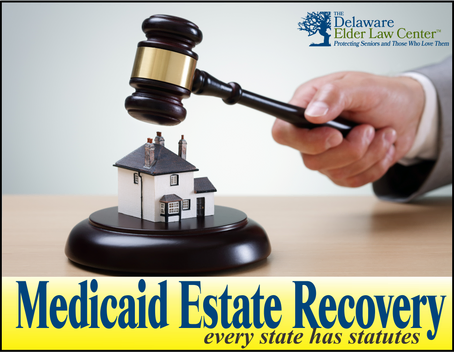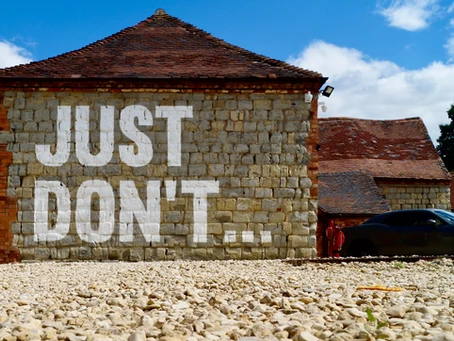Every State has statutes that permit the Long-Term Care Medicaid program to recover against a person’s estate up to the amount of benefits actually paid out. Most states limit the right of estate recovery to a person’s probate estate, which includes the house. There are States that have enhanced recovery statutes allowing for recovery against non-probate assets.
The right of estate recovery by Long-Term Care Medicaid in Delaware is limited to the probate estate. A probate estate consists of real estate and financial account assets individually owned that do not have beneficiary designations. As a practical matter, if the decedent received Long-Term Care Medicaid benefits, they had non real estate assets with a value of less than $2,000.
In Delaware, real estate only becomes subject to a Long-Term Care Medicaid lien if the patient received skilled nursing services in a facility. This means that the patient’s house was individually owned and no person with a protective interest lived there for two or more years leading up to the time of admission to the nursing facility.[1]
[1] This is an overly simple statement of the Delaware rules for Medicaid estate recovery. The point of this blog is that Medicaid recovery against an estate in Delaware is limited. Also, a person with a “ protective interest” is a family member who provided care to the applicant or one who has an ownership interest in the real estate.



